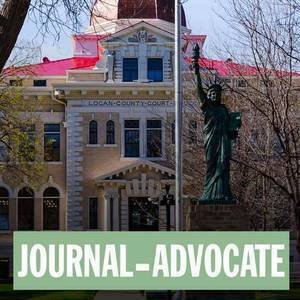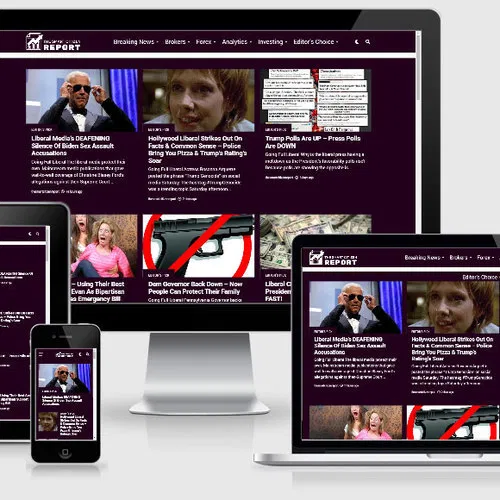- A federal judge ordered the Trump administration to release a portion of nearly $2 billion in frozen foreign aid by Monday, ruling in favor of nonprofit organizations and aid groups. The judge questioned the administration’s authority to withhold funds approved by Congress.
- The aid freeze, implemented by President Donald Trump’s executive order, halted funding for humanitarian programs worldwide. It affected USAID contracts and forced organizations to pause operations.
- The court ordered the administration to determine an initial payment by Friday and sought additional information from plaintiffs.
Full Story
A federal judge ordered the Trump administration to release a portion of nearly $2 billion in frozen foreign aid by Monday, March 10. It represented a significant legal challenge to the administration’s decision to suspend funding for international assistance programs.
U.S. District Judge Amir Ali ruled that several nonprofit organizations and aid groups, including the Global Health Council, Chemonics International and the AIDS Vaccine Advocacy Coalition, must receive payments for work previously approved by the U.S. Agency for International Development (USAID).
Why did the Trump administration freeze aid funds?
President Donald Trump signed an executive order on Jan. 20 freezing foreign assistance, halting billions in funding for humanitarian programs worldwide.
The freeze affected USAID and State Department contracts, forcing organizations to pause operations and lay off workers. Secretary of State Marco Rubio later confirmed the administration’s plan to cut more than 90% of USAID contracts, amounting to nearly $60 billion in foreign assistance.
How much aid must the administration release?
Ali’s ruling did not require the administration to release the entire $2 billion immediately, but it ordered an initial payment to be established by Friday, March 7.
He also requested further details from the plaintiffs to clarify which organizations should receive funds first.
The judge expressed skepticism about the administration’s authority to override congressional appropriations, stating that the president cannot unilaterally decide which funds to withhold.
How has the Trump administration responded?
The Justice Department argued that logistical challenges could delay payments beyond Monday’s deadline, citing the weekend as an obstacle.
Government attorneys stated that processing the payments could take up to ten business days.
The administration also claimed it had begun reviewing USAID contracts individually, replacing the blanket freeze with case-by-case determinations.
What impact does this have on foreign aid programs?
USAID funding supports humanitarian projects in over 130 countries, with key recipients including Ukraine, Ethiopia, Jordan and the Democratic Republic of Congo.
The aid freeze left many programs in limbo, affecting critical services such as food assistance, medical aid and infrastructure development.
USAID, which received more than $40 billion in funding in 2023, now faces widespread program cancellations unless the court orders further intervention.
What’s next in the legal battle?
The Supreme Court recently upheld Ali’s previous ruling but directed him to clarify the government’s responsibilities in adhering to the order.
The administration continued to defend its authority to reallocate foreign aid, arguing that contract cancellations were necessary to align spending with its policy priorities.
However, advocacy groups and aid organizations continued challenging the cuts in court, seeking full restoration of funding.





















































